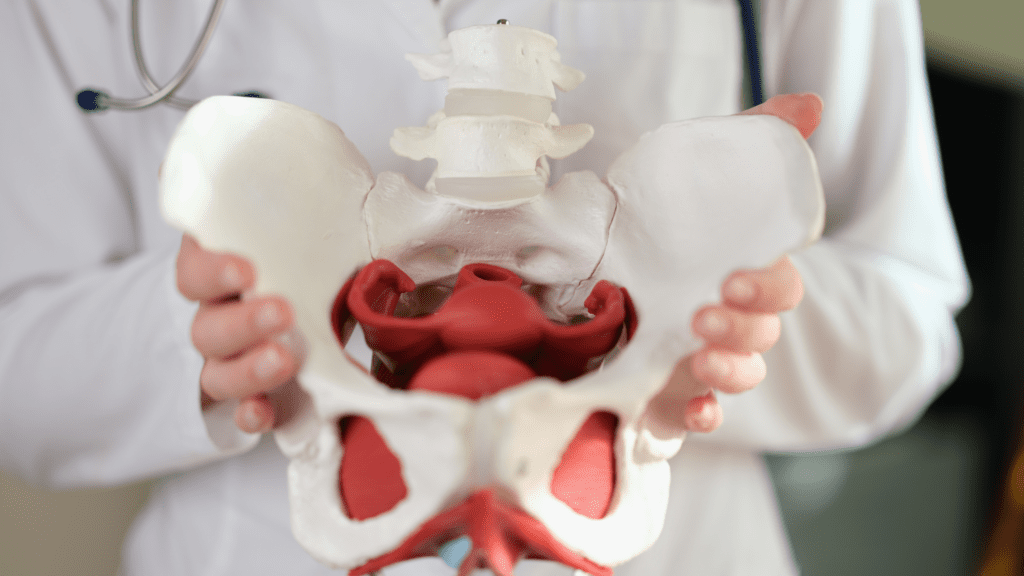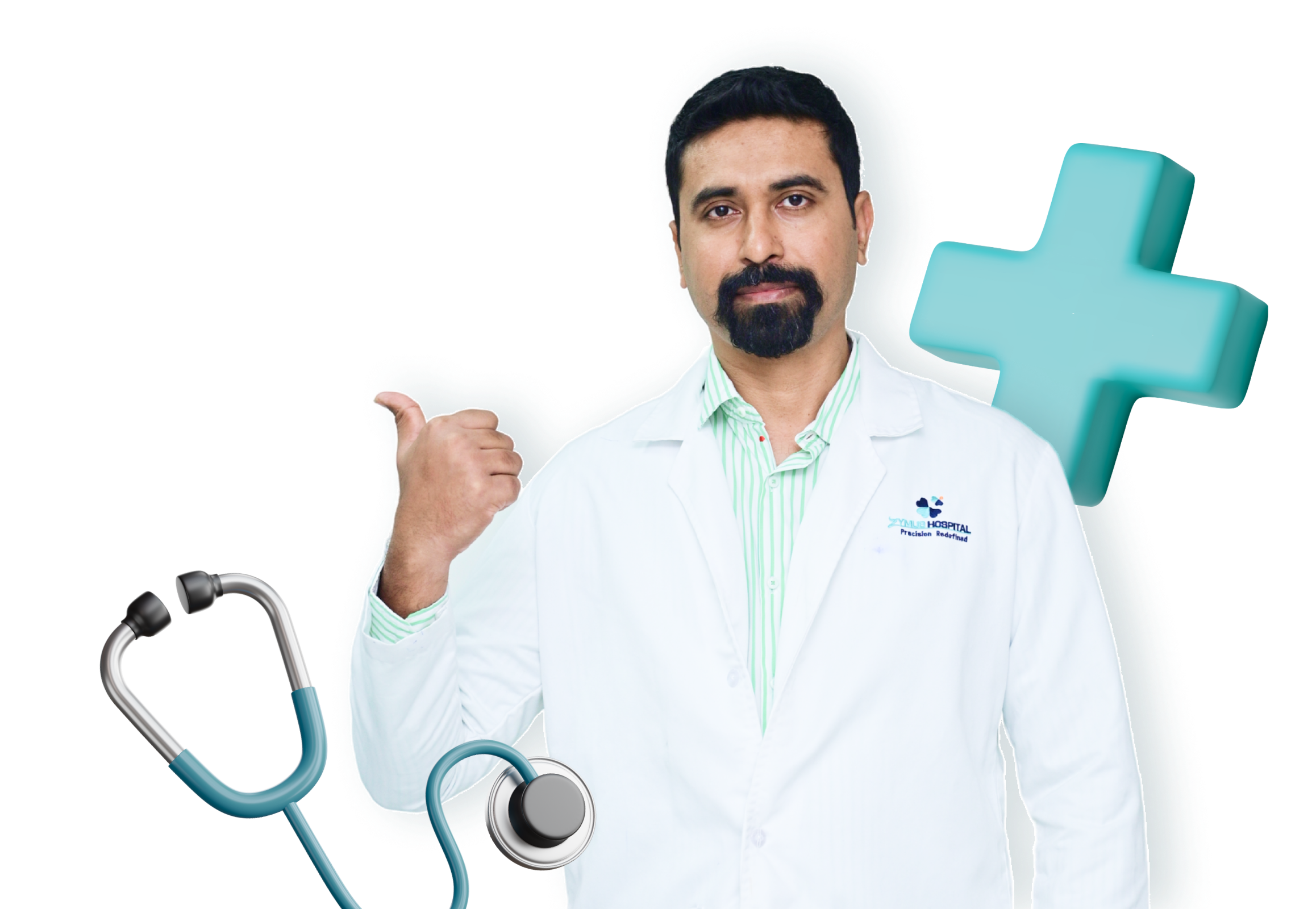
Pelvic Organ Prolapse
Pelvic Organ Prolapse (POP) occurs when the muscles and tissues supporting the pelvic organs (such as the bladder, uterus, or rectum) weaken, causing one or more of these organs to drop or press into the vagina. It is common among women, especially after childbirth, menopause, or hysterectomy.
Detailed Information
Pelvic Organ Prolapse is often caused by:
• Childbirth: Vaginal delivery, especially with large babies or multiple births, can strain pelvic muscles.
• Aging and menopause: Decreased estrogen levels can weaken pelvic tissues.
• Chronic pressure: Obesity, chronic cough, or heavy lifting can put additional pressure on the pelvic area.
• Previous pelvic surgeries: Procedures like a hysterectomy may weaken support structures.
• A feeling of pressure or fullness in the pelvis.
• Bulging tissue in the vaginal area
• Discomfort or pain during intercourse
• Difficulty with bowel movements or urination
• Lower back pain or pressure that worsens when standing or lifting
While not all cases of POP can be prevented, some steps may help reduce the risk:
• Performing regular pelvic floor exercises (e.g., Kegel exercises).
• Maintaining a healthy weight to avoid excess pelvic pressure.
• Avoiding heavy lifting and managing chronic coughs.
• Staying physically active to strengthen overall muscle tone.
Treatment options for POP depend on the severity and the specific organ affected:
• Lifestyle modifications: Weight management, avoiding heavy lifting, and addressing constipation or chronic cough.
• Pelvic floor exercises: Strengthening pelvic muscles with exercises like Kegels can help support organs.
• Pessary devices: A pessary is a removable device inserted into the vagina to provide support to the pelvic organs.
• Physical therapy: Specialized therapy to strengthen pelvic muscles and improve posture.
• Surgery: In severe cases, surgery may be needed to restore pelvic organ support.
Book Your
Consultation Now
Schedule an appointment with the leading uro-oncologist in Bangalore, Dr. Anil
Kumar T. Benefit from expert care and advanced treatment options for all your
urological needs, delivered with a patient-centered approach.

Book Your Consultation Now
Schedule an appointment with the leading uro-oncologist in Bangalore, Dr. Anil
Kumar T. Benefit from expert care and advanced treatment options for all your
urological needs, delivered with a patient-centered approach.

Resolve Your Queries
Answers to the most common inquiries about urological conditions, treatments, and patient care. Designed to offer quick guidance and help you better understand, ensuring you feel informed and confident in your healthcare decisions.
Still have queries about Urology & Uro Oncology? Hit the button below.
Pelvic organ prolapse occurs when the muscles and tissues supporting the pelvic organs (bladder, uterus, rectum) weaken, causing one or more of these organs to drop or bulge into the vaginal canal. It is a common condition, particularly in women after childbirth or menopause.
Symptoms may include a feeling of fullness or pressure in the pelvic region, urinary incontinence, difficulty emptying the bladder or bowels, vaginal bulging, and lower back pain. Some women may not experience any symptoms, especially in mild cases.
Common causes include childbirth, particularly vaginal delivery, hormonal changes due to menopause, chronic constipation, obesity, and aging. Previous pelvic surgery or injury can also contribute to the weakening of pelvic muscles and tissues.
Diagnosis typically involves a physical examination, including a pelvic exam, and imaging tests. Treatment options depend on the severity and symptoms and may include lifestyle changes, pelvic floor exercises (Kegels), pessary devices, or surgery to repair the prolapsed organs.
Dr. Anil Kumar T is an experienced urologist with expertise in diagnosing and treating pelvic organ prolapse. He offers personalized care and advanced treatment options to help women restore pelvic health and improve their quality of life. Book an appointment with Dr. Anil Kumar T for comprehensive evaluation and care.
Visit Us
Zymus Hospital Address
No.1, K NO. 92, Nanjappa Complex, Kanakapura Rd, Raghuvanahalli, Bangalore City Municipal Corporation Layout, Bengaluru, Karnataka 560062
Menu
Quick Links
Copyright © 2024. Dr Anil Kumar T

